Germany’s upcoming rail strike will have an impact on the passengers.
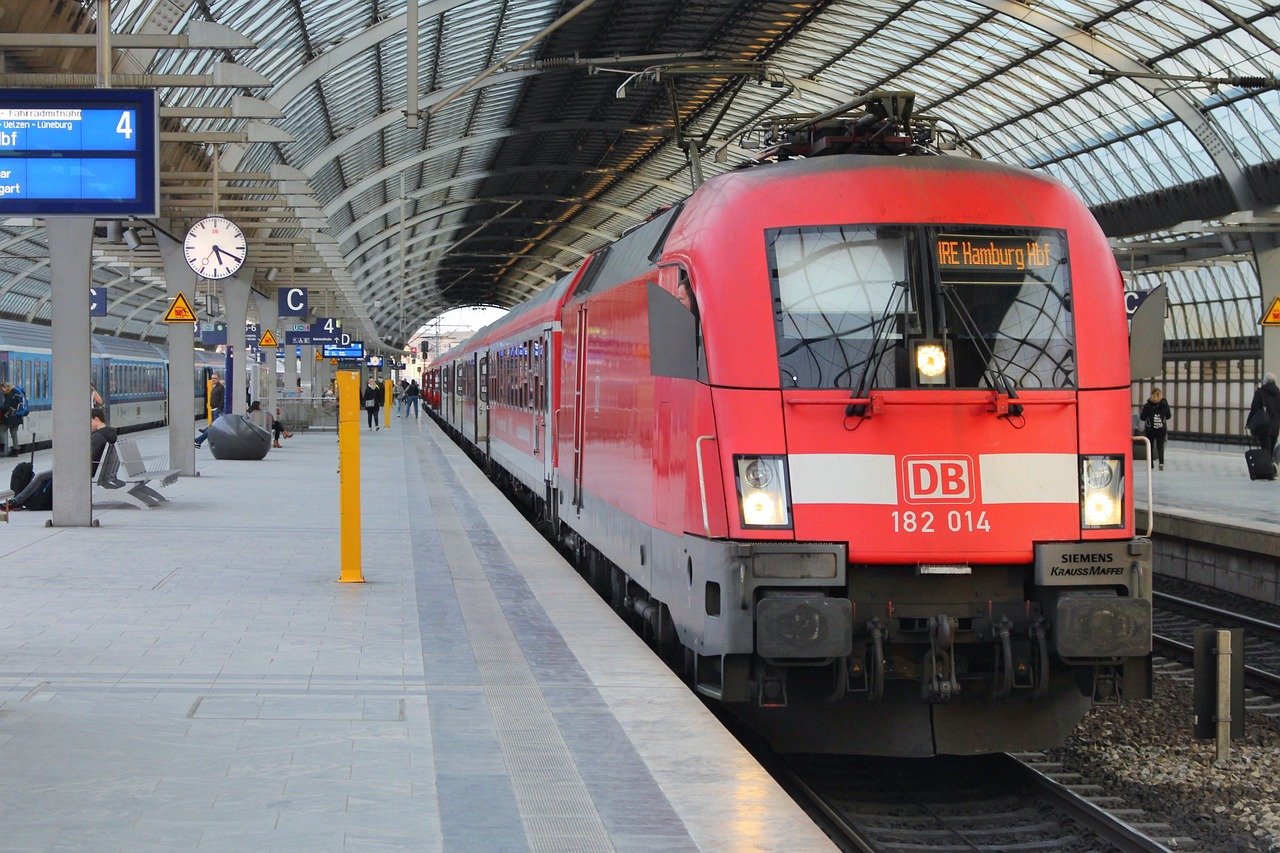
DB drivers announce their strike in Germany!
A rail strike in Germany is likely to have a significant impact on passengers, particularly in a country where the rail network is an essential part of the public transportation system. The specifics of the impact would depend on several factors, including the duration of the strike, the services affected (local, regional, or long-distance trains), and whether any alternative transportation options are available. Common consequences for passengers during rail strikes include:
- Delays and Cancellations: Passengers might face significant delays or outright cancellations of train services. This can disrupt travel plans, including commutes, business trips, and leisure travels.
- Increased Demand for Alternative Transport: With trains out of operation, there’s often a surge in demand for other modes of transport, such as buses, rental cars, and carpools. This can lead to overcrowding, higher prices, and longer wait times for these services.
- 3. Disruption of Daily Commutes: For many people, especially those living in suburban or rural areas, trains are the primary means of commuting to work or school. A strike could force them to find alternative routes or modes of transport, which might be less convenient or more expensive.
- Impact on Business and Economy: Beyond individual passenger inconvenience, rail strikes can have broader economic implications. They can disrupt the supply chain, affect tourism, and lead to lost productivity as employees struggle to get to work.
- Crowded Stations and Confusion: Passengers trying to navigate the reduced services might face crowded stations and confusion about schedules, alternative routes, or transport options.
Typically, railway companies and unions will attempt to communicate about strikes in advance, offering information on which services will be affected and providing advice for travelers. It’s wise for passengers to stay informed through official railway websites, social media channels, and local news outlets for the latest updates and advice on how to mitigate the impact of the strike on their travel plans.
1.Why are German railway workers taking up strikes?
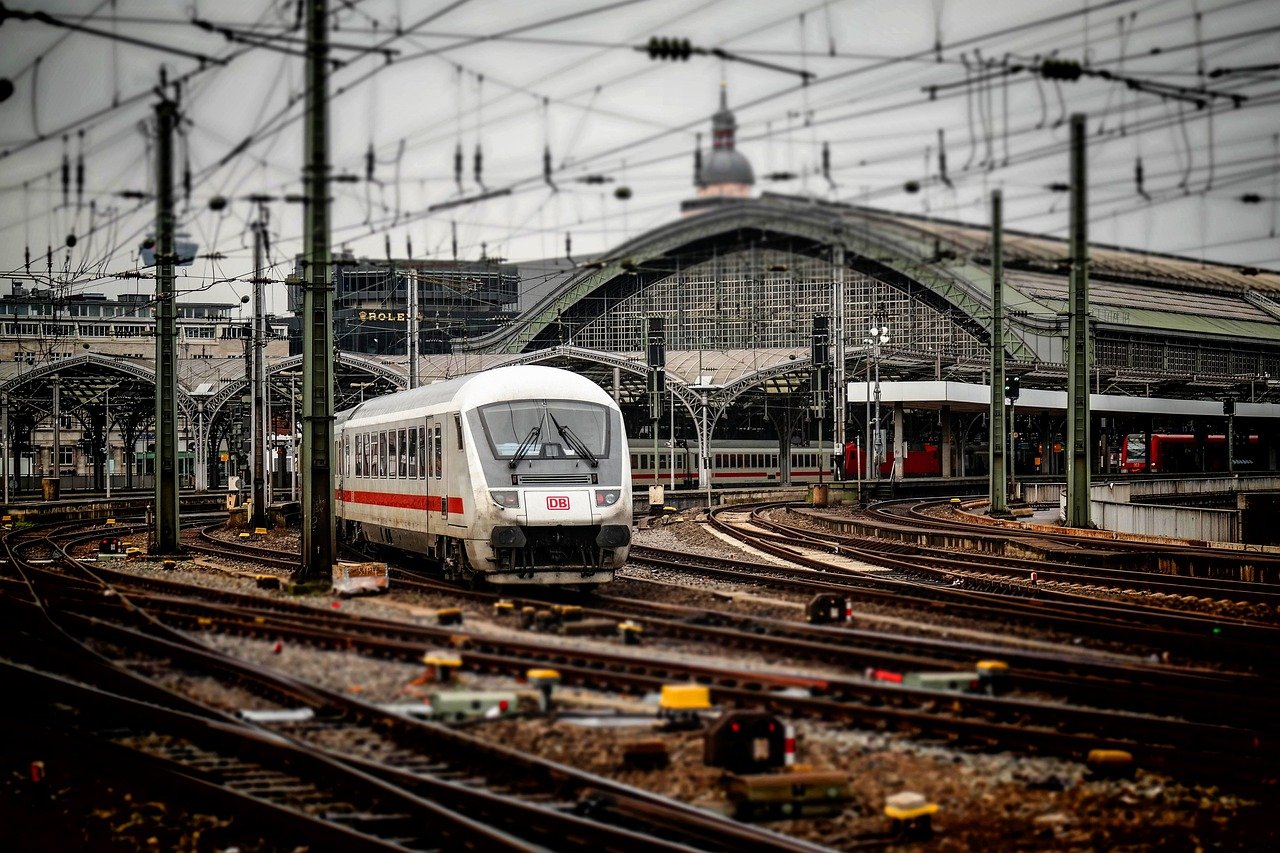
Railway workers, like those in many sectors, may choose to strike for a variety of reasons, often related to disputes over pay, working conditions, job security, or changes in the industry that affect their roles.
- Wage Disputes: One of the most common reasons for strikes is a disagreement over wages. Workers may feel that their current pay does not reflect their workload, the cost of living increases, inflation rates, or comparable salaries in other sectors.
- Working Conditions: This can encompass a wide range of issues, from the physical conditions in which people work to their schedules. Railway workers might strike over concerns such as excessively long hours, insufficient rest periods, or inadequate safety measures.
- Pensions and Benefits: Disputes over pensions, health insurance, and other benefits are also frequent causes of industrial action. Workers might strike to protect existing benefits or to advocate for better ones.
- Job Security: The rail industry worldwide is undergoing significant changes, with technological advancements and shifts in transportation policy. Workers may strike in response to perceived threats to their job security, such as proposed layoffs or the use of subcontracting and part-time contracts.
- Organizational Changes: Proposed restructurings or mergers in the rail sector might lead to strikes if workers believe these changes will negatively impact their jobs or the quality of the services provided.
- Recognition of Unions and Bargaining Rights: Sometimes, strikes are called not over specific material conditions but to assert the right of workers to organize and have their unions recognized by their employers for collective bargaining purposes.
In Germany, as in many countries, labor unions play a significant role in negotiating on behalf of railway workers. Strikes are often used as a last resort when negotiations between unions and employers (whether private companies or public entities) reach an impasse. Before a strike occurs, there’s usually a complex process of negotiation and mediation to try and resolve disputes amicably.
The main focus is on the union’s demand for a reduction in shift hours from 38 to 35 hours per week without cutting wages, which has been consistently opposed by employers. The GDL is asking for an increase of €555 per month for staff and a one-time payment of up to €3,000 to counter inflation. An 11 percent increase was announced by DB earlier this month. From 2026, shift workers can either increase their weekly work hours from 38 to 37 or receive additional pay if they choose to stick with their current schedule.
2.Is it likely that there will be more rail protests in Germany in 2024?
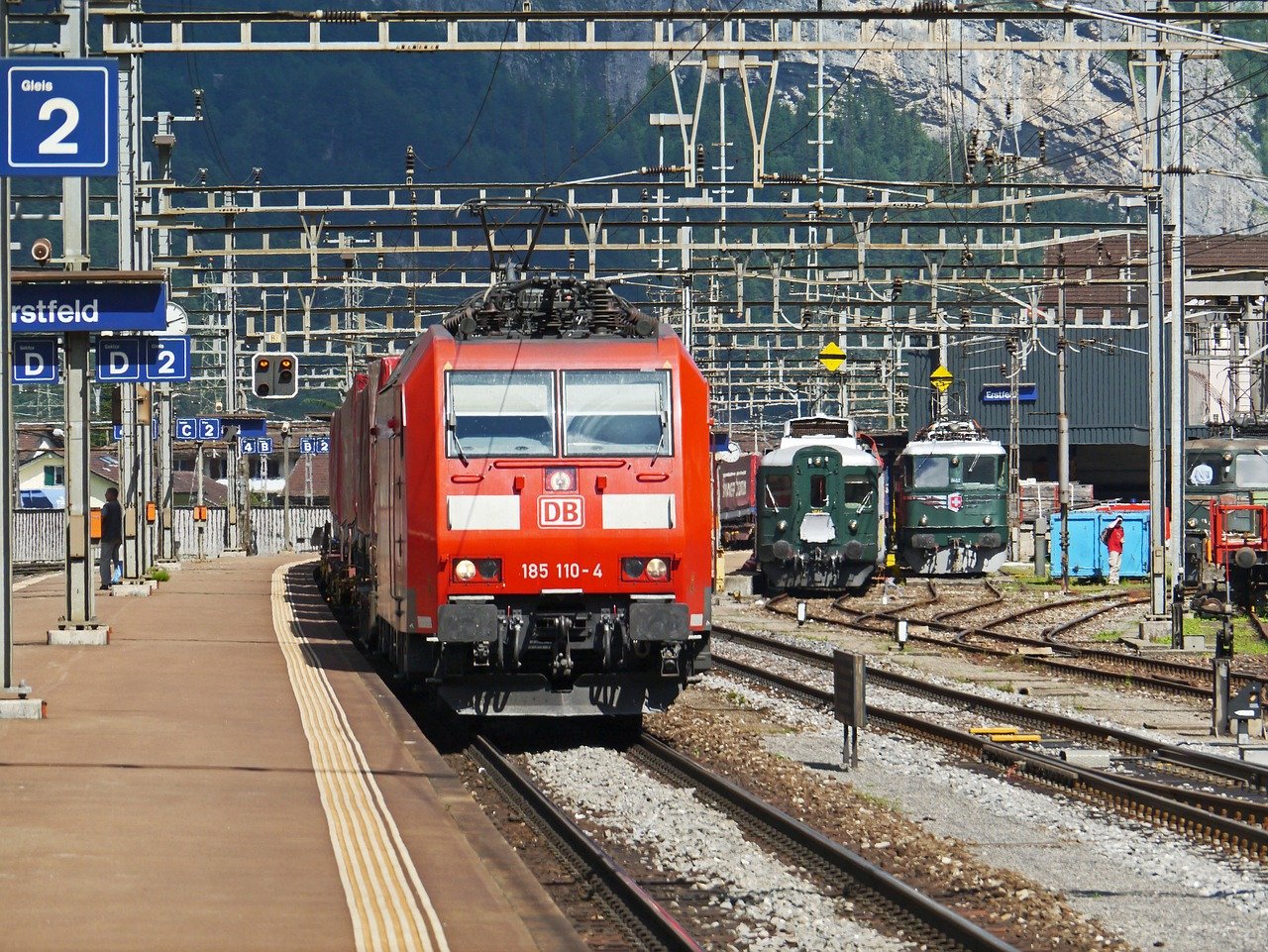
Predicting the likelihood of rail protests or strikes in Germany (or any country) in 2024 requires considering various factors, including the current state of labor negotiations, economic conditions, and any ongoing disputes within the rail sector. While we can’t provide real-time predictions or specific insights into future events, we can highlight some factors that might influence the probability of rail protests or strikes:
- Outcome of Current Negotiations: If ongoing negotiations between rail companies and workers’ unions are successful in addressing workers’ demands, this could reduce the likelihood of future strikes. Conversely, unresolved issues or dissatisfaction with the outcomes can lead to further industrial action.
- Economic Conditions: Economic factors, such as inflation, cost of living increases, and government budget allocations to public transport, can impact workers’ wages and the funding available for rail infrastructure and services. Economic strain can lead to more disputes over pay and conditions.
- Changes in the Rail Sector: Technological advancements, environmental policies promoting public transport, and any restructuring or privatization plans within the rail industry could affect job security and working conditions, potentially leading to protests or strikes.
- Legal and Political Climate: Changes in labor laws, public transport policies, and the political climate can influence the ease with which workers can strike and the public support for such actions. A supportive legal and political environment might embolden workers to take industrial action.
- International Trends: Global economic trends and solidarity movements across countries can also influence the likelihood of strikes. For example, successful strikes or protests in one country may inspire similar actions elsewhere.
Given these factors, it’s possible that Germany could see more rail protests or strikes in 2024 if workers’ concerns are not adequately addressed or if new disputes arise. However, proactive negotiations and positive changes in the factors mentioned above could mitigate this risk. It’s important for those potentially affected by future strikes—such as passengers and businesses reliant on rail transport—to stay informed through news outlets and official communications from rail companies and workers’ unions.
3.How will the German rail strike affect people?
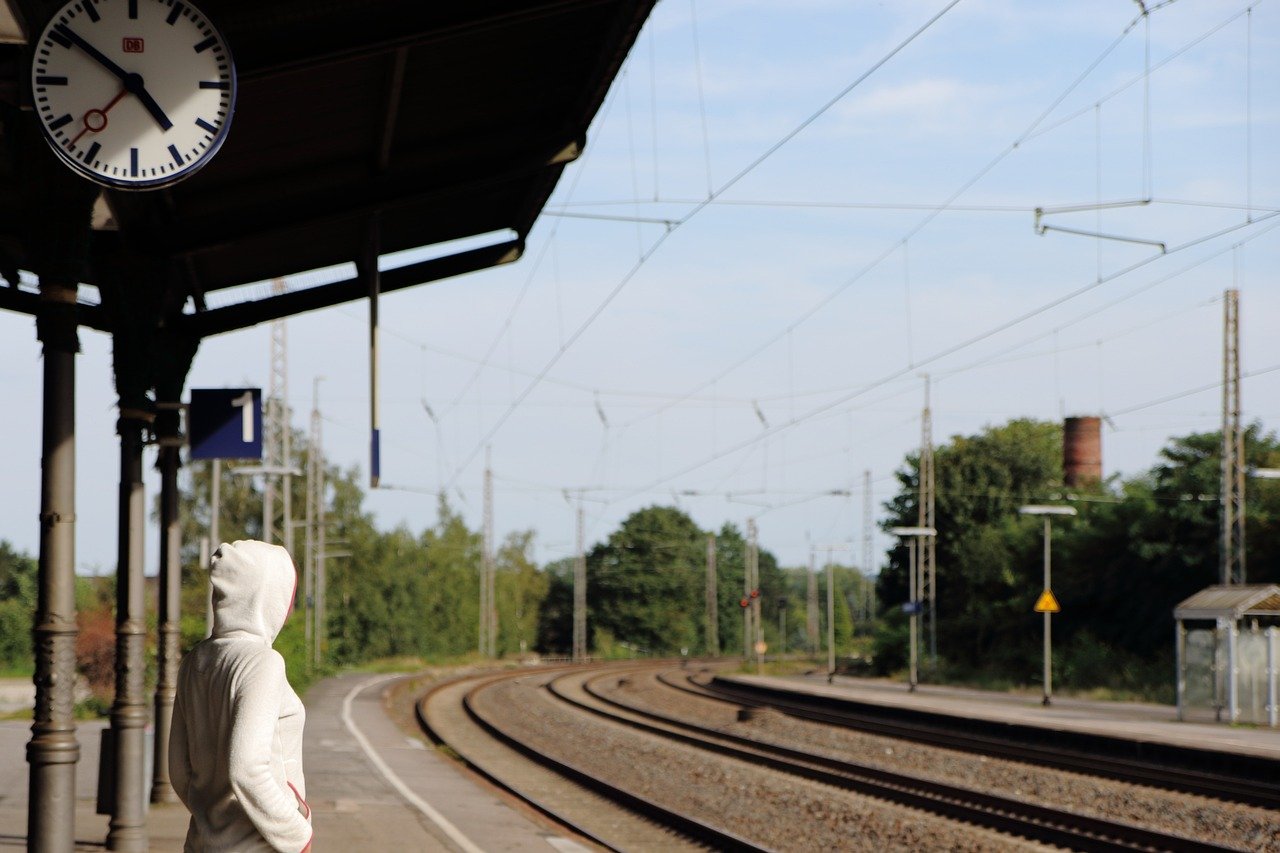
A rail strike in Germany can have a wide-ranging impact on people, affecting daily commutes, business operations, and the broader economy. The extent of the effects often depends on the duration of the strike, the specific services impacted, and the availability of alternative transportation options. Here are some of the primary ways a rail strike might affect people:
Commuters
Delays and Disruptions: People who rely on trains for their daily commute to work or school will need to find alternative transportation, which can be more time-consuming, less reliable, and more expensive.
Increased Road Traffic: With more people turning to cars and buses, road traffic is likely to increase, leading to longer travel times and potentially more accidents.
Travelers
Cancelled Trips: Those planning to travel by train for leisure or business may have to cancel or postpone their trips, affecting personal plans and professional commitments.
Increased Costs: Travelers might have to book last minute flights or find other, more expensive means of transport, leading to higher travel costs.
Businesses
Supply Chain Disruptions: Companies relying on rail services for the transportation of goods might experience delays, affecting supply chains and potentially leading to shortages of goods.
Productivity Loss: Employees arriving late or unable to come to work can lead to reduced productivity and financial losses for businesses.
Economy
Economic Losses: Prolonged strikes can have a significant impact on the national economy, affecting sectors like tourism, retail, and logistics.
Public Sector Impact: The public sector might also be affected, with services that rely on rail transport facing delays and increased costs.
Society at Large
Environmental Impact: An increase in road traffic can lead to higher emissions, negatively affecting air quality and contributing to environmental degradation.
Social Tension: Strikes can lead to tensions between different groups, such as between the striking workers and those affected by the disruptions, potentially leading to a polarized public debate.
Mitigation Efforts
Alternative Transport Plans: Cities and regions often try to mitigate the impact of strikes by increasing the capacity of other public transport options, like buses and trams, or encouraging carpooling and remote work.
Information Campaigns: Effective communication about the strike’s impact and available alternatives can help mitigate negative effects, with rail companies and local governments providing updates and advice.
Understanding these impacts can help individuals and businesses plan and mitigate the effects of rail strikes, although the specific circumstances of each strike can lead to different outcomes.
4.What are the refund options available for train travelers in Germany?
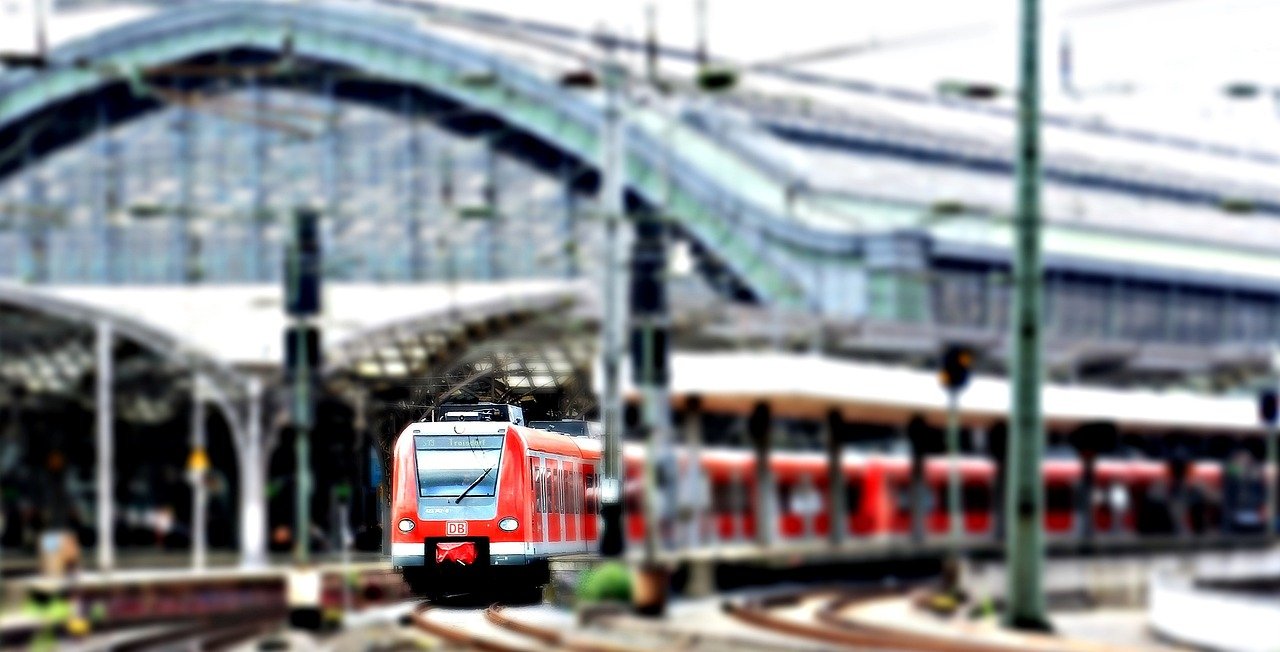
In Germany, passengers affected by train delays or cancellations due to strikes, technical problems, or other issues have certain rights regarding refunds and compensation. These rights are largely governed by EU regulations, as well as specific policies of individual train operators like Deutsche Bahn (DB), the country’s main rail company. Here’s an overview of the refund options typically available:
Delays
Less than 60 minutes: Usually, there’s no compensation for delays less than 60 minutes, but it’s always worth checking the specific terms of your ticket and the policies of the rail company.
60 to 119 minutes: Passengers are generally entitled to a compensation of 25% of the ticket price for the affected segment of their journey.
120 minutes or more: For delays of two hours or more, the compensation increases to 50% of the ticket price.
Cancellations
If your train is cancelled, you are typically entitled to a full refund of your ticket price if you choose not to travel. Alternatively, you can usually use the same ticket to take the next available train to your destination, though this might involve a longer travel time or changes in your route.
Missed Connections
If a delay causes you to miss a connecting train, you have the right to take a later train to your final destination. If this results in a significant delay, the compensation mentioned above for delays may apply.
How to Claim
Directly with the Rail Company: Claims for compensation or refunds should be submitted directly to the rail company operating the service. For Deutsche Bahn and many other operators, this can often be done online through their websites.
Documentation: Keep your tickets and any other documentation (e.g., photos of departure boards showing delays) as you may need to submit these with your claim.
Time Limits: Be aware that there are time limits for making claims (often within a few months of the travel date), so it’s advisable to submit your claim as soon as possible.
Special Policies during Strikes
During strikes, rail companies may offer more flexible refund and rebooking options than usual. For instance, they might allow passengers to use their tickets on alternative dates or offer full refunds even if the original tickets were non-refundable. Information on these special policies is typically published on the rail companies’ websites and through their customer service channels.
It’s important for travelers to check the specific policies of the rail company they’re traveling with, as there might be variations in the way these general rules are applied. Additionally, keeping an eye on official communications from rail operators during strikes or other disruptions can provide timely information on your rights and options.
DB’s travel information hotline number is +49 (0)8000996633. if your journey is impacted, the Deutsche Bahn website offers you a number of choices: Despite altering the alignment of your route, you can still use your ticket for your intended travel date. Seat cancellation is allowed at no cost. You can receive a full reimbursement for the cost of cancelling your train.
